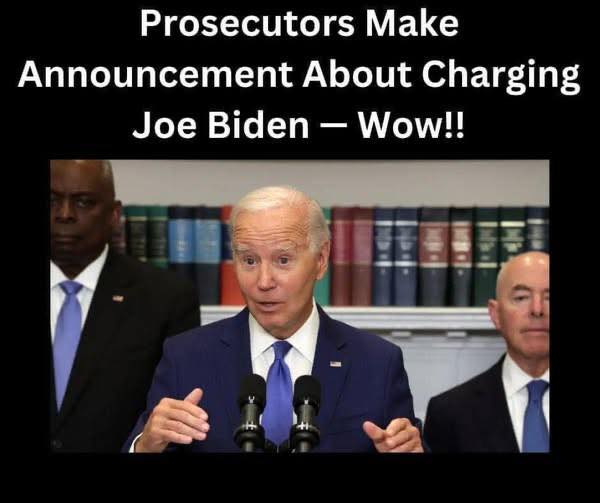U.S. District Judge Aileen Cannon dismissed the federal case against former President Donald Trump for allegedly mishandling classified documents in a landmark decision that has shocked the legal and political communities. Delivered on July 15, 2024, the decision focused on whether Special Counsel Jack Smith’s appointment was constitutional and essentially put a stop to what was thought to be one of the biggest legal challenges a former US president had ever faced.
The Case’s Origins
When the National Archives and Records Administration (NARA) discovered missing documents from the Trump administration in early 2021, the controversy got underway. Trump kept a large number of classified documents at his Mar-a-Lago home in Florida, according to later investigations. It wasn’t until August 2022 that the FBI carried out a search warrant and retrieved more than 100 classified documents, despite repeated requests for their return.
A federal grand jury indicted Trump on 37 felony counts in June 2023, including obstruction of justice and willful retention of national defense information. The indictment also accused Mar-a-Lago property manager Carlos De Oliveira and Trump’s personal assistant Walt Nauta of helping to hide the documents.
Judge Cannon’s Reprimand
Judge Cannon, who was appointed by Trump in 2020, declared that the appointment of Special Counsel Jack Smith was unconstitutional under the U.S. Constitution’s Appointments Clause. She maintained that Smith’s actions, including the indictment, were unconstitutional because he had not been duly appointed as a federal officer. The Supreme Court’s decision in Trump v. United States, which questioned the boundaries of executive authority and the appointment of special counsels, echoed concerns expressed in this decision.
Legal experts have pointed out that Cannon’s interpretation goes against established precedents, especially the United States v. Nixon ruling from the Supreme Court in 1974, which supported the legitimacy of special prosecutors. Cannon may have established a precedent by dismissing the case on these grounds, which could have an impact on the appointment of special counsels in the future and the extent of their authority.
Responses and Consequences
There have been a variety of responses to the dismissal. Trump’s supporters have praised the ruling as a vindication and claimed that the accusations were made for political reasons. On the other hand, detractors contend that the decision erodes the rule of law and creates a risky precedent for accountability at the highest governmental levels.
The office of Special Counsel Jack Smith expressed dissatisfaction and said it would appeal the ruling. The lengthy appeals procedure, however, might postpone any additional court cases until after the 2024 presidential election.
The situation facing the Department of Justice (DOJ) is complicated. There is a limited window for possible legal action because the dismissal happened prior to the 2024 election, despite the DOJ’s longstanding policy against prosecuting a sitting president. The DOJ has not yet disclosed any new charges or inquiries pertaining to the case.
A More Comprehensive Legal Framework
This case’s dismissal is the latest in a string of legal challenges against Trump. Trump was charged with attempting to overturn the results of the 2020 election in addition to the case involving the classified documents. However, citing the prohibition against indicting a sitting president, the DOJ dropped the election interference case after he was re-elected in November 2024.
These events highlight how difficult it can be to hold powerful people accountable, especially when court cases clash with political schedules and constitutional interpretations.
Gazing Ahead
The balance between executive authority and legal accountability is called into question by the dismissal of the case involving the classified documents. The case may lead to judicial and legislative reviews of the procedures controlling the prosecution of high-ranking officials and the appointment of special counsels as the legal community considers the ramifications of Judge Cannon’s decision.
For the time being, the case represents a turning point in the continuing discussion about the boundaries of presidential authority and the safeguards put in place to guarantee that no one is above the law.


